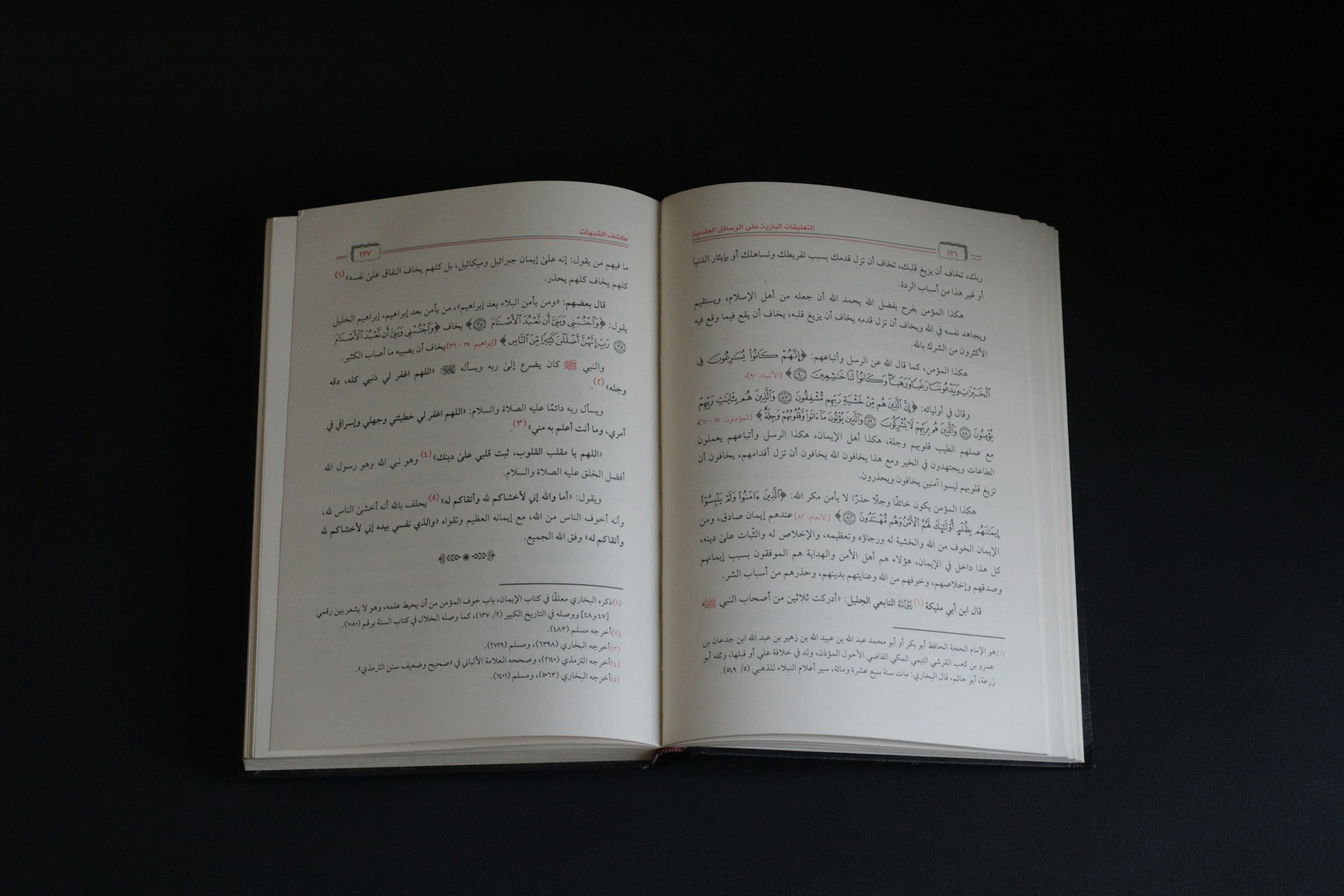



 Department of Islamic Studies
Department of Islamic Studies
Diploma in Islamic Studies provides a foundational understanding of key areas within Islamic studies. The program typically covers topics like Aqeedah (Islamic creed), Fiqh (Islamic jurisprudence), Tafseer (Qur'aanic interpretation), Hadeeth (Prophetic narrations), and Seerah (Prophet's biography). It also includes an introduction to Arabic language and grammar, as well as practical skills for Islamic studies.
Here's a more detailed outline of what you can expect in a Diploma in Islamic Studies:
Core Areas of Study:
Aqeedah (Islamic Creed):
Fiqh (Islamic Jurisprudence):
Tafseer (Quranic Interpretation):
Hadeeth (Prophetic Narrations):
Seerah (Prophet's Biography):
Supporting Subjects:
Arabic Language:
Introduction to Islamic Sciences:
Islamic History & Civilization:
Islamic Spirituality (Tazkiyah):
Other Important Aspects:
Methodology & Practicum for Islamic Studies:
This is currently the only programme in Department of Islamic Studies. Check back later for more programmes.